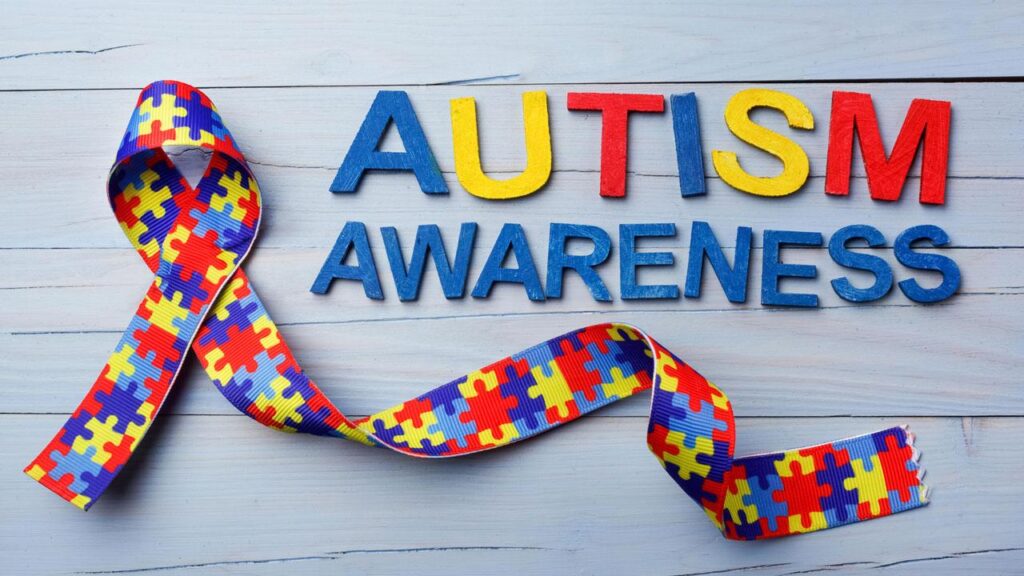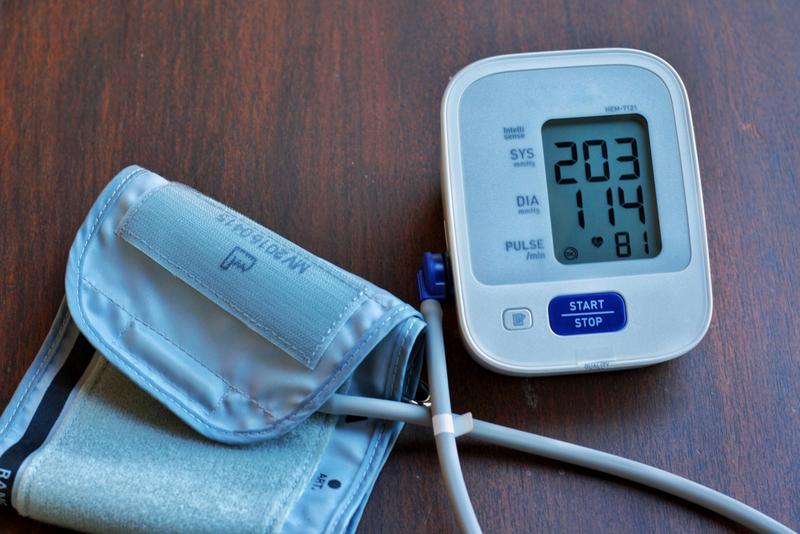The World Autism Awareness Day is held every year on April 2. World Autism Awareness Day (WAAD) aims to put a spotlight on the hurdles that people with autism and others living with autism face every day, autism is an issue that is only gaining more understanding and WAAD activities are planned every year to further increase and develop world knowledge of children and adults who have autism spectrum disorder (ASD).
World Autism Awareness Day goes one step further to celebrate the unique talents of those with autism, while putting a huge focus on the warm embrace and welcome that these skills deserve through community events around the globe.
“World Autism Awareness Day”, passed in council on 1 November 2007, and adopted on 18 December 2007. It was proposed by the United Nations representative from Qatar, Her Highness Sheikha Mozah Bint Nasser Al-Missned, Consort of His Highness Sheikh Hamad Bin Khalifa Al-Thani, the Emir of the State of Qatar, and supported by all member states
Autism is a neurological, lifelong condition. It can affect anybody, irrespective of gender, race, or economic background. The condition consists of various characteristics, and the severity and presence of the characteristics exist on what is called the “autism spectrum”.
One of the characteristics of autism is a certain way of social interaction. An autistic individual may also have an inclination towards specific subjects, or standard routines. They may have a different way of perceiving sensory information.
Many a time, individuals with this condition are stigmatized or discriminated against, and this poses many hurdles for them in society. It is estimated that around 1 per cent of the world population is impacted by autism. (Mayo clinic)
Autism spectrum disorder includes conditions that were previously considered separate — Asperger’s syndrome, childhood disintegrative disorder and an unspecified form of pervasive developmental disorder. Some people still use the term “Asperger’s syndrome,” which is generally thought to be at the mild end of autism spectrum disorder. (Medscape).
Some children show signs of autism spectrum disorder in early infancy, such as reduced eye contact, lack of response to their name or indifference to caregivers. Other children may develop normally for the first few months or years of life, but then suddenly become withdrawn or aggressive or lose language skills they’ve already acquired. Signs usually are seen by age 2 years.
According to the Center for disease control (CDC), a child or adult with autism spectrum disorder may have problems with social interaction and communication skills, including any of these signs:
- Fails to respond to his or her name or appears not to hear you at times,
- Resists cuddling and holding, and seems to prefer playing alone, retreating into his or her own world,
- Has poor eye contact and lacks facial expression,
- Doesn’t speak or has delayed speech, or loses previous ability to say words or sentences,
- Can’t start a conversation or keep one going, or only starts one to make requests or label items,
- Speaks with an abnormal tone or rhythm and may use a singsong voice or robot-like speech,
- Repeats words or phrases verbatim, but doesn’t understand how to use them,
- Doesn’t appear to understand simple questions or directions,
- Doesn’t express emotions or feelings and appears unaware of others’ feelings,
- Doesn’t point at or bring objects to share interest,
- Inappropriately approaches a social interaction by being passive, aggressive or disruptive,
- Has difficulty recognizing nonverbal cues, such as interpreting other people’s facial expressions, body postures or tone of voice,
- Performs repetitive movements, such as rocking, spinning or hand flapping,
- Performs activities that could cause self-harm, such as biting or head-banging,
- Develops specific routines or rituals and becomes disturbed at the slightest change,
- Has problems with coordination or has odd movement patterns, such as clumsiness or walking on toes, and has odd, stiff or exaggerated body language,
- Is fascinated by details of an object, such as the spinning wheels of a toy car, but doesn’t understand the overall purpose or function of the object,
- Is unusually sensitive to light, sound or touch, yet may be indifferent to pain or temperature,
- Doesn’t engage in imitative or make-believe play,
- Fixates on an object or activity with abnormal intensity or focus,
- Has specific food preferences, such as eating only a few foods, or refusing foods with a certain texture,
Some risk factors include:
- Having a sibling with ASD,
- Having older parents,
- Having certain genetic conditions—people with conditions such as Down syndrome, fragile X syndrome, and Rett syndrome are more likely than others to have ASD,
- Very low birth weight,
- Fetal exposure to the medications; like valproic acid (Depakene) or thalidomide (Thalomid).
Many treatment approaches involve therapies such as:
- behavioral therapy
- play therapy
- occupational therapy
- physical therapy
- speech therapy
People with ASD may also experience sleep problems and irritability. Although people with ASD experience many challenges, they may also have many strengths, including:
- Being able to learn things in detail and remember information for long periods of time
- Being strong visual and auditory learners
- Excelling in math, science, music, or art
According to the an article by Applied behavioral analysis the following great names have/had autism;
- Bill Gates – Co-founder of the Microsoft Corporation, distinct rocking motion Gates displays when he concentrates, his shortened and mono-toned speech patterns, and his habits of avoiding eye contact on the rare occasion he speaks directly with someone else.
- Thomas Jefferson – Third president of the United States.
- Hans Christian Andersen – Children’s Author the beloved writer of such fairy tales as The Little Mermaid and The Ugly Duckling.
- Benjamin Banneker – African American almanac author, surveyor, naturalist, and farmer, He was known to fixate on certain objects, such as a friend’s watch, until that fixation ultimately led to an experiment or invention of his own.
- Lewis Carroll – Author of “Alice in Wonderland”.
- Henry Cavendish – Scientist discovered hydrogen.
- Charles Darwin – Naturalist, Geologist, and Biologist.
- Bobby Fischer – Chess Grandmaster.
- Steve Jobs – Former CEO of Apple.
- Michelangelo – Sculptor, Painter, Architect, Poet.
- Wolfgang Amadeus Mozart – Classical music Composer.
- Sir Isaac Newton – Mathematician, Astronomer, & Physicist.
- Albert Einstein – Scientist & Mathematician, he had trouble socializing, especially as an adult. As a child, he experienced severe speech delays and later echolalia, or the habit of repeating sentences to himself.





